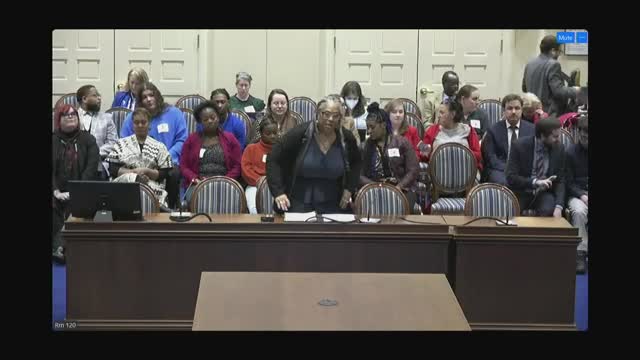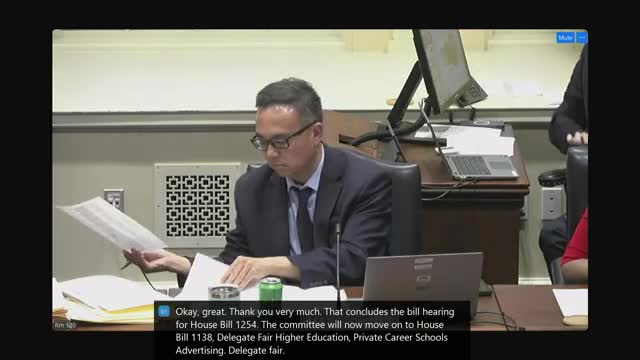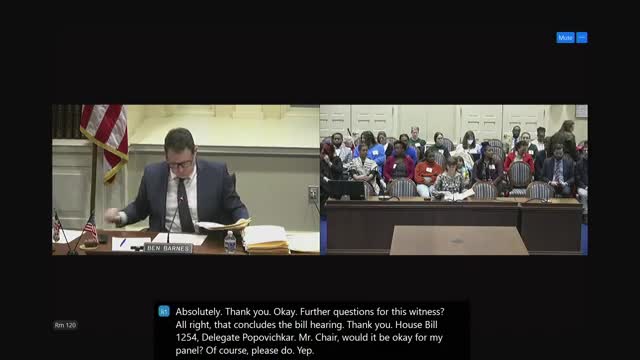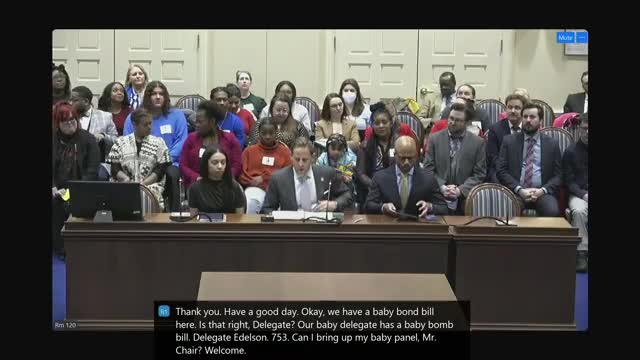Article not found
This article is no longer available. But don't worry—we've gathered other articles that discuss the same topic.

Bill Would Require Public Colleges to Post Support Policies for Pregnant and Parenting Students

Bill to Let Career Schools Advertise Before Final Approval Wins MHEC Backing

Lawmakers Consider $10 Million State Match to Expand Universal Free School Meals

Panel Backs Study of ‘Baby Bond’ Accounts, Sponsors Say Study Would Cost Nothing to State Budget

